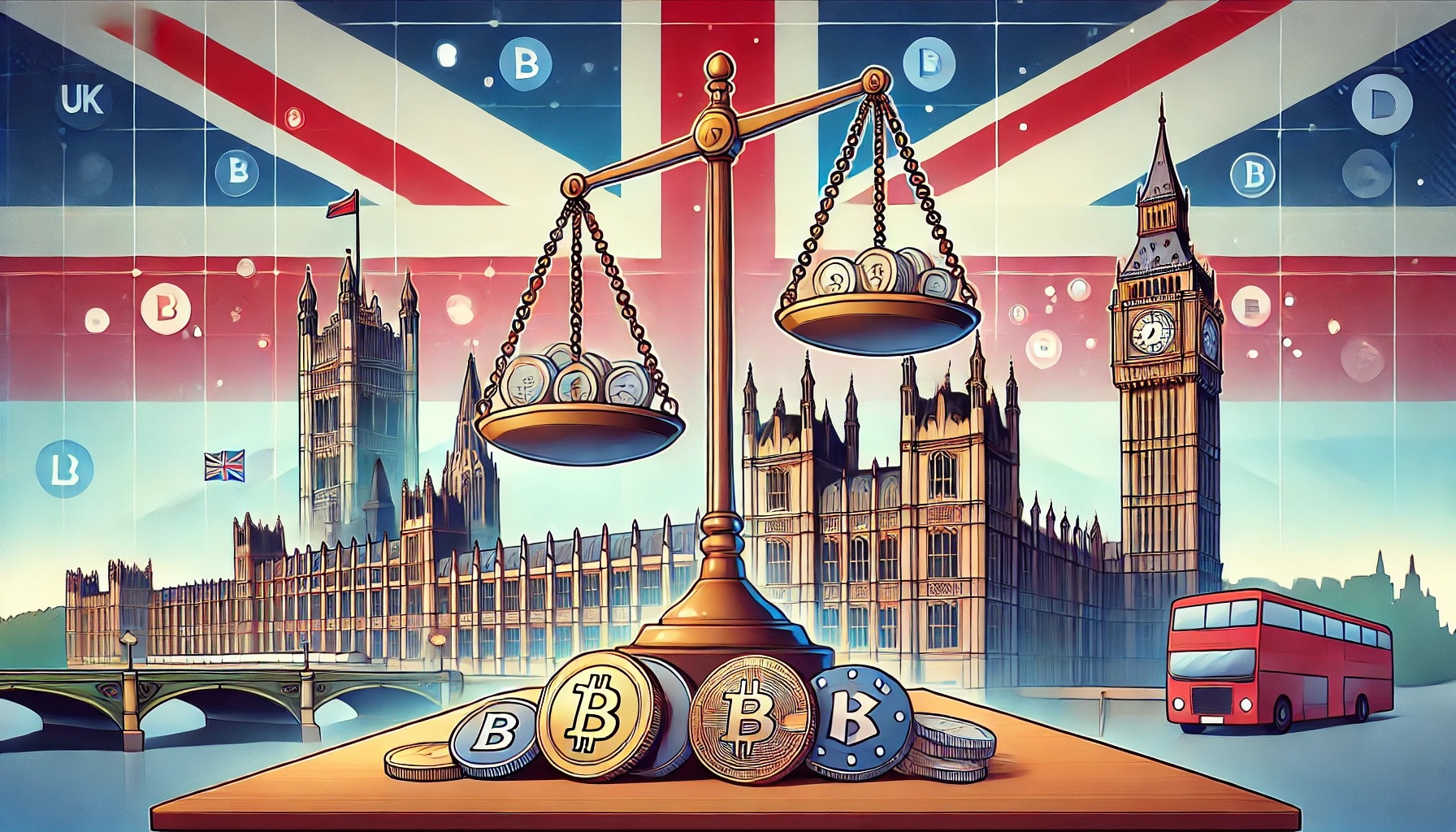The UK’s groundbreaking Property Bill, introduced on September 11, formally classifies cryptocurrencies and NFTs as personal property, providing legal clarity for digital asset holders and strengthening fraud protection across the sector.
UK Classifies Crypto and NFTs as Property
Apparently, NFTs, cryptocurrencies, and carbon credits will all be defined more precisely by the Property Bill, which the UK government published on September 11th, according to Cointelegraph. The bill would classify digital assets as "things," adding a new property category to UK law.
Heidi Alexander, a Labour MP and Minister of State, said, "It is essential that the law keeps pace with evolving technologies and this legislation will mean that the sector can maintain its position as a global leader in cryptoassets and bring clarity to complex property cases."
Digital Asset Owners Gain Legal Protection Against Scams
The new law, according to the government, will "give legal protection to owners and companies against fraud and scams, while helping judges deal with complex cases where digital holdings are disputed or form part of settlements." The usage of cryptocurrency as a means of asset division in divorce proceedings was noted in the notification.
After a study was commissioned by the UK Ministry of Justice in 2023, the legislation was passed as a result. "Some digital assets are neither things in possession nor things in action, but that nonetheless the law of England and Wales treats them as capable of being things to which personal property rights can relate," the paper says.
Political Shift Drives New Crypto Regulations in UK
After the Labour Party seized power from the Conservatives in an election on July 4, this law was one of their initial actions to tackle regulations related to digital assets and blockchain.
The government may take months to act on crypto legislation, according to some analysts, because of the scheduling of parliamentary recesses and party conference season.



 TrumpRx Website Launches to Offer Discounted Prescription Drugs for Cash-Paying Americans
TrumpRx Website Launches to Offer Discounted Prescription Drugs for Cash-Paying Americans  Missouri Judge Dismisses Lawsuit Challenging Starbucks’ Diversity and Inclusion Policies
Missouri Judge Dismisses Lawsuit Challenging Starbucks’ Diversity and Inclusion Policies  Jack Lang Resigns as Head of Arab World Institute Amid Epstein Controversy
Jack Lang Resigns as Head of Arab World Institute Amid Epstein Controversy  Jensen Huang Urges Taiwan Suppliers to Boost AI Chip Production Amid Surging Demand
Jensen Huang Urges Taiwan Suppliers to Boost AI Chip Production Amid Surging Demand  FxWirePro- Major Crypto levels and bias summary
FxWirePro- Major Crypto levels and bias summary  SpaceX Prioritizes Moon Mission Before Mars as Starship Development Accelerates
SpaceX Prioritizes Moon Mission Before Mars as Starship Development Accelerates  FDA Targets Hims & Hers Over $49 Weight-Loss Pill, Raising Legal and Safety Concerns
FDA Targets Hims & Hers Over $49 Weight-Loss Pill, Raising Legal and Safety Concerns  Tencent Shares Slide After WeChat Restricts YuanBao AI Promotional Links
Tencent Shares Slide After WeChat Restricts YuanBao AI Promotional Links  TSMC Eyes 3nm Chip Production in Japan with $17 Billion Kumamoto Investment
TSMC Eyes 3nm Chip Production in Japan with $17 Billion Kumamoto Investment  Nvidia, ByteDance, and the U.S.-China AI Chip Standoff Over H200 Exports
Nvidia, ByteDance, and the U.S.-China AI Chip Standoff Over H200 Exports  Norway Opens Corruption Probe Into Former PM and Nobel Committee Chair Thorbjoern Jagland Over Epstein Links
Norway Opens Corruption Probe Into Former PM and Nobel Committee Chair Thorbjoern Jagland Over Epstein Links  Japan Election 2026: Sanae Takaichi Poised for Landslide Win Despite Record Snowfall
Japan Election 2026: Sanae Takaichi Poised for Landslide Win Despite Record Snowfall 
































